What Defines Tough?
At Loyola Medicine, "tough" is who we are. We face the toughest challenges with relentless determination, state-of-the-art precision, and unwavering compassion. From groundbreaking research to life-saving clinical trials, we push the limits of medicine, redefining what's possible. Tough isn't just what we do. It's how we change lives.
Unmatched Expertise in High-Stakes Care
We're the team you trust when it matters most. Our experts blend advanced science with compassionate care to deliver life-changing outcomes.
Neurosurgery
Our neurosurgery team transforms lives with groundbreaking treatments for brain hemorrhages, strokes, spine surgery, and neurovascular conditions. Using advanced technologies like brain mapping and deep-brain stimulation, we combine cutting-edge techniques with a personalized approach to help patients recover faster, safer, and stronger—getting them back to the lives they love.
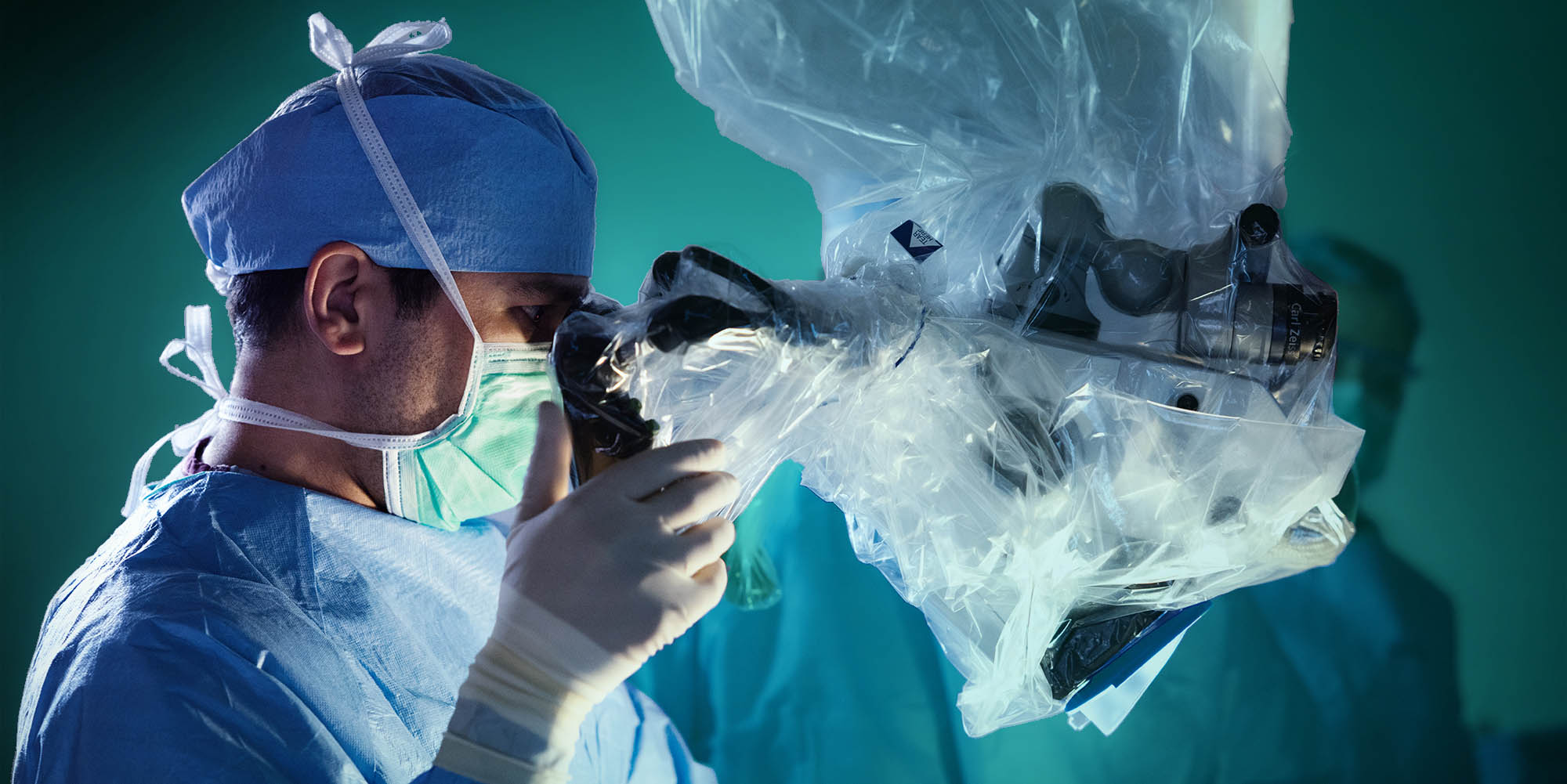
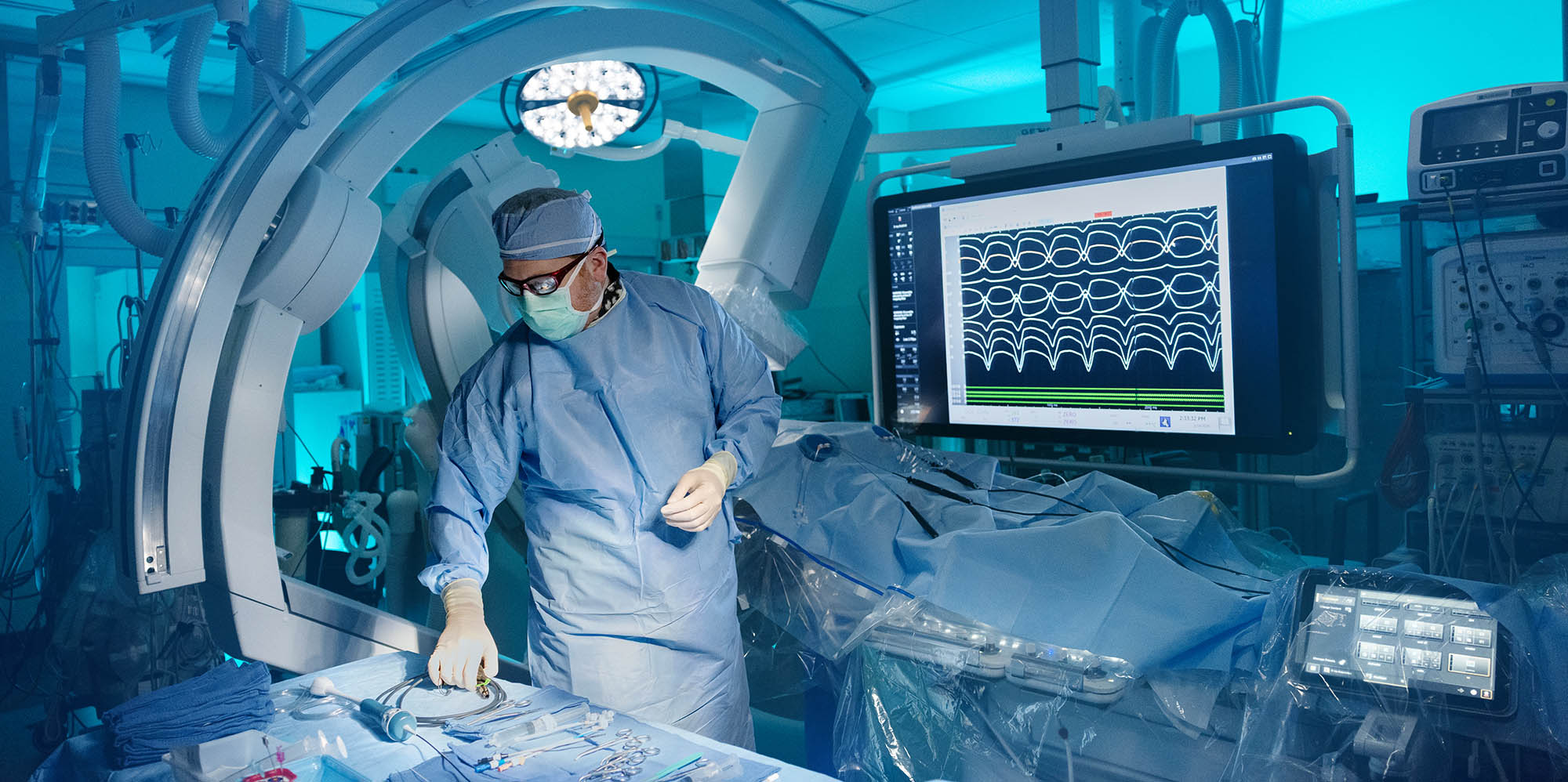
Cardiology
Ranked among America’s 50 Best Hospitals for Cardiac Surgery, Loyola Medicine leads with innovative treatments—from heart transplants to advanced electrophysiology and minimally invasive bypass surgeries. We train the next generation of cardiac surgeons and push the boundaries of cardiac medicine, delivering exceptional care to help patients live healthier, stronger lives.
Oncology
We lead the fight against cancer with the latest immunotherapy treatments, advanced breast cancer care, and high-intensity focused ultrasound for prostate cancer. Combining innovative technology with personalized support, we’re transforming cancer care to deliver hope and better outcomes for every patient.
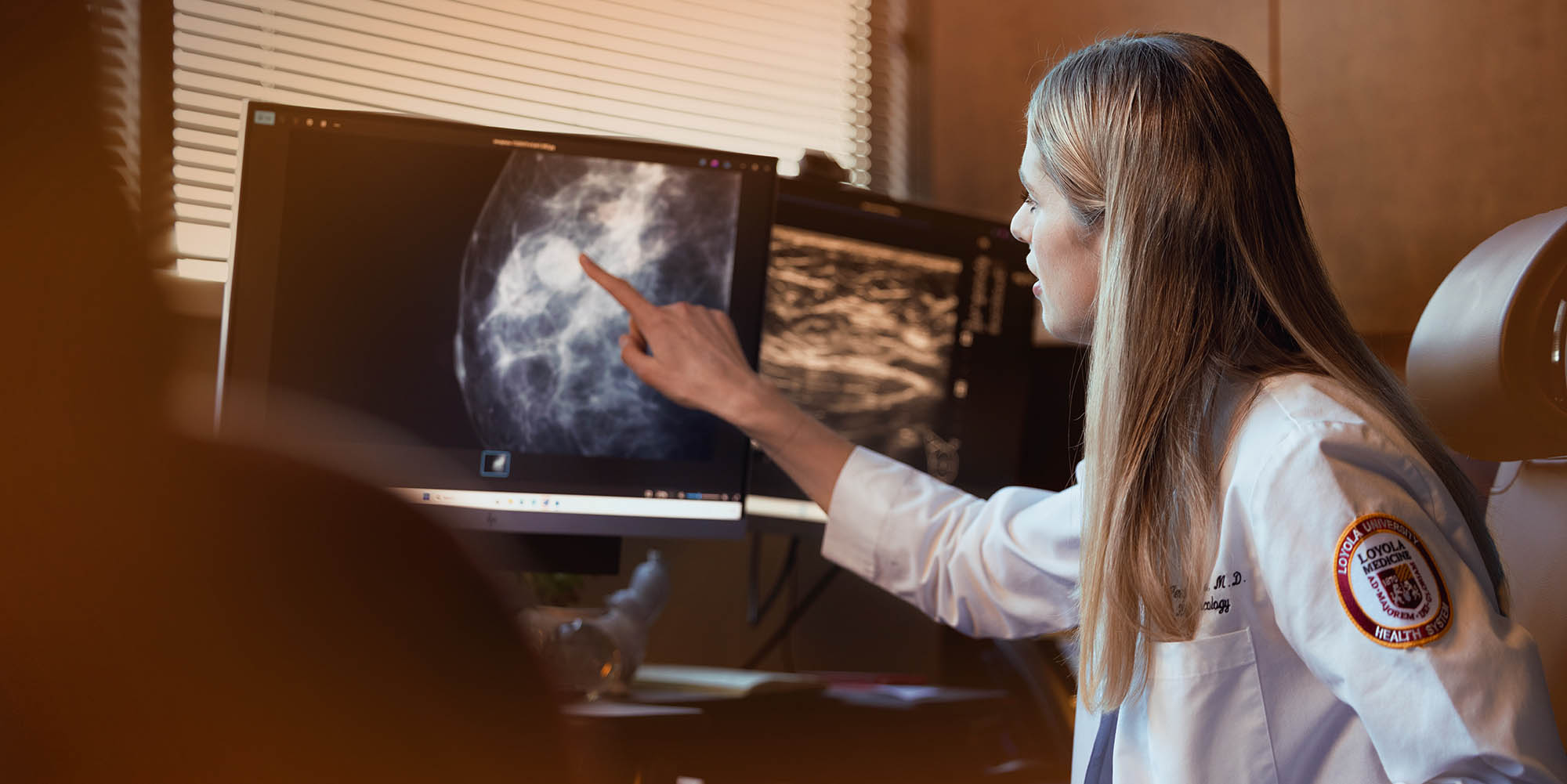
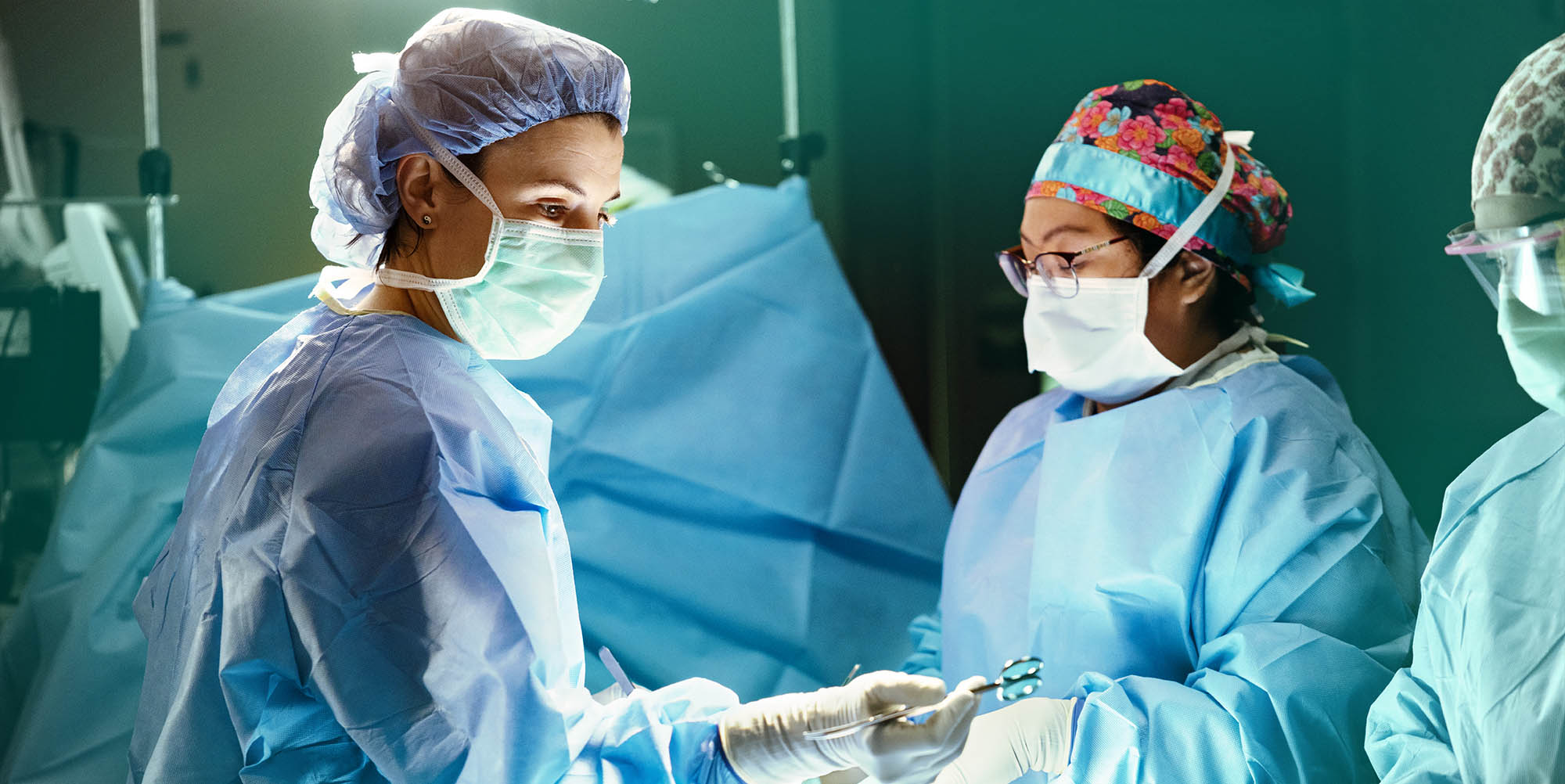
Transplant Surgery
We’re leaders in transplant surgery, offering expert care for heart, lung, kidney, liver, pancreas, and bone marrow transplants. We’re advancing the field through groundbreaking research, including a phase 3 kidney transplant trial with an 85% success rate.
Taking on the Toughest Challenges. Together.
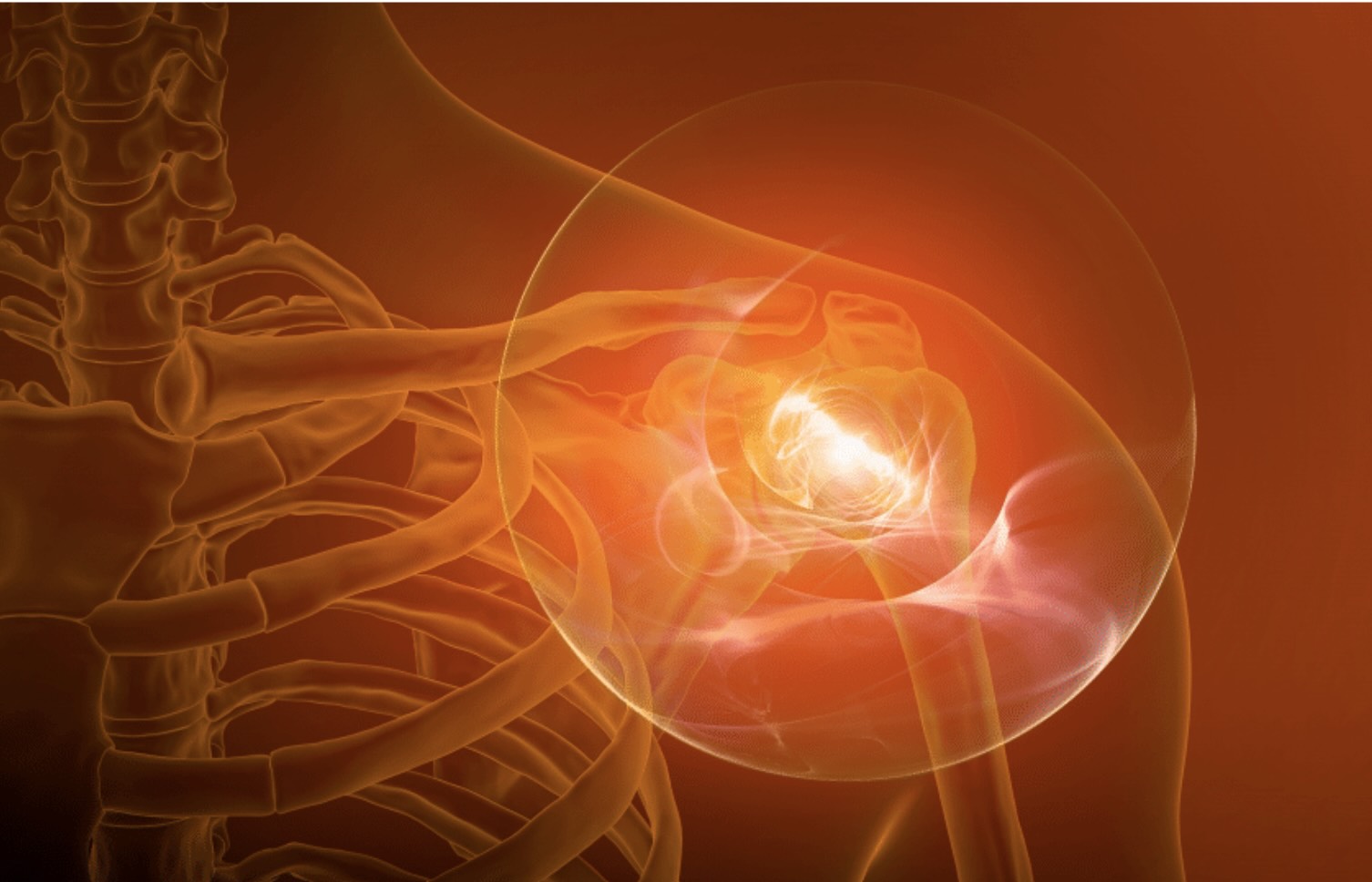
Revolutionizing Shoulder Surgery with Real-Time Precision
What if your surgeon could see inside your shoulder in real time, adjusting with pinpoint accuracy?
Revolutionizing Shoulder Surgery with Real-Time Precision
What if your surgeon could see inside your shoulder in real time, making the most precise adjustments possible? At Loyola Medicine, that future is already here.
Loyola is one of the first hospitals in Illinois to use mixed reality in total shoulder replacement surgery. This technology overlays 3D holograms onto the surgical field, giving doctors a detailed, real-time view of a patient’s anatomy. The result: a more precise, personalized surgery with better outcomes.
Dane Salazar, MD, a top shoulder and elbow specialist, recently used this breakthrough approach to help Patrick Lacey, who had been dealing with shoulder pain for 15 years. Thanks to mixed reality, the surgical team fine-tuned every step of the procedure, leading to a smoother surgery and faster recovery.
For Lacey, the results were life-changing. He regained full strength and range of motion—playing softball and even performing everyday tasks like putting dishes away without a second thought. “He’s doing fantastic,” says Salazar. “He’s back to work, pain-free, with full strength and range of motion. Seeing him get his life back has been incredibly rewarding.”
Loyola Medicine isn’t just replacing joints. It’s pushing the limits of what’s possible in orthopedic surgery—and giving patients their lives back.
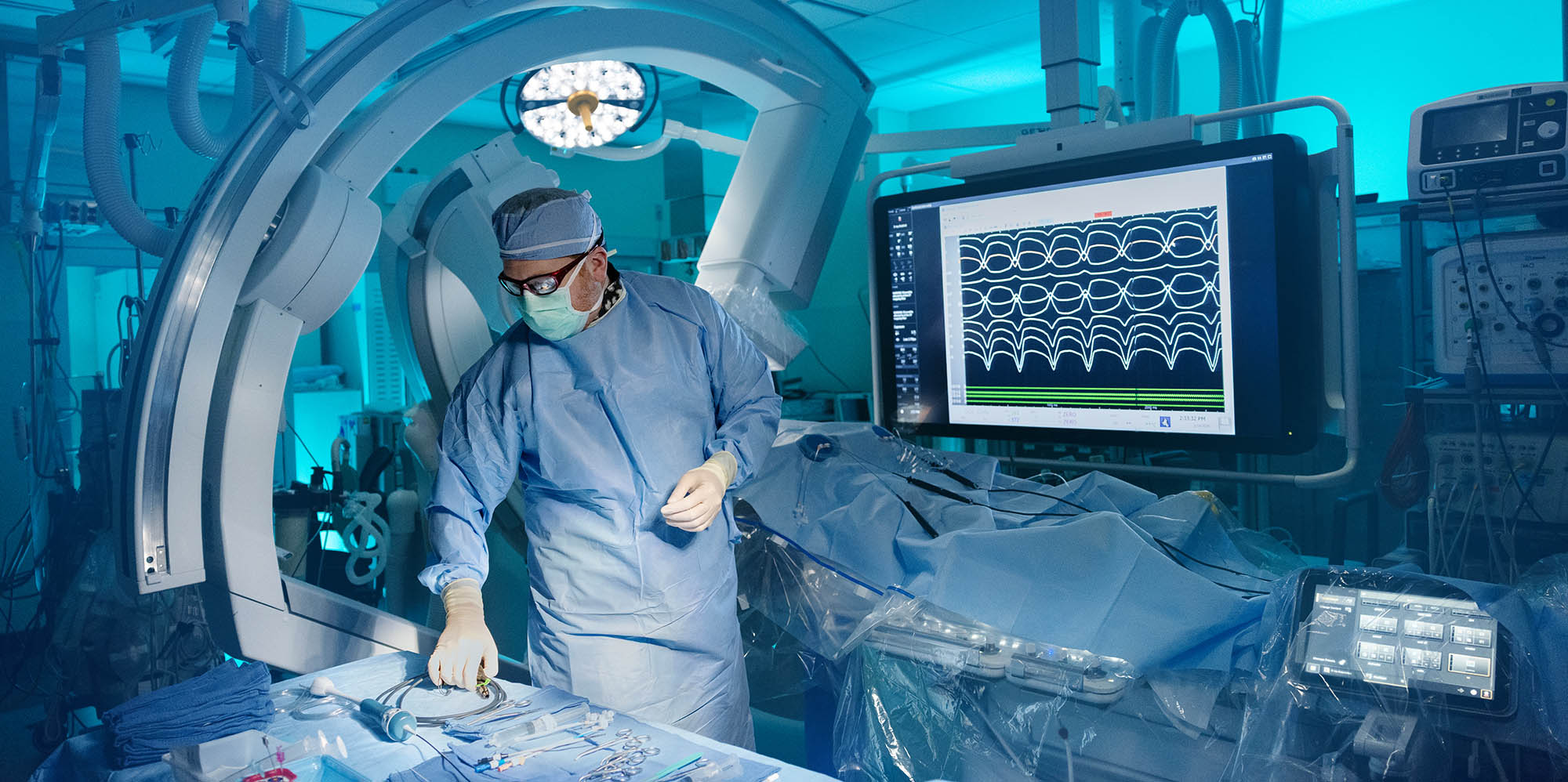
Transforming Heart Surgery with Cutting-Edge Techniques
Breakthrough minimally invasive procedures get you back on your feet faster.
Transforming Heart Surgery with Cutting-Edge Techniques
Heart surgeon Chirantan Mangukia, MD, and the team at Loyola Medicine are delivering faster recoveries with minimally invasive triple-vessel coronary artery bypass surgery—a breakthrough that treats severe blockages without cracking open the chest.
Using small incisions and advanced surgical techniques, Loyola’s approach to bypass surgery means less pain, faster recovery and a lower risk of complications—a game-changer for patients, especially those with diabetes or other health concerns.
Gary Ratkiewicz faced severe coronary artery disease but feared the long, grueling recovery his father endured after traditional bypass surgery. Instead, within 24 hours of his procedure at Loyola, he was jogging in the ICU. A week later, he was walking two miles. His friends could hardly believe he’d just had heart surgery.
Loyola is one of the only hospitals in Chicagoland offering this cutting-edge procedure, reinforcing its legacy as a leader in cardiac care. With one of Illinois’ oldest and most respected heart programs, Loyola consistently outperforms national averages in patient outcomes—and keeps pushing the boundaries of what’s possible in heart surgery.
Dr. Mangukia puts it simply: “Bypass surgery isn’t just about adding years to life—it’s about adding life to those years.” Loyola Medicine is making sure patients get both.
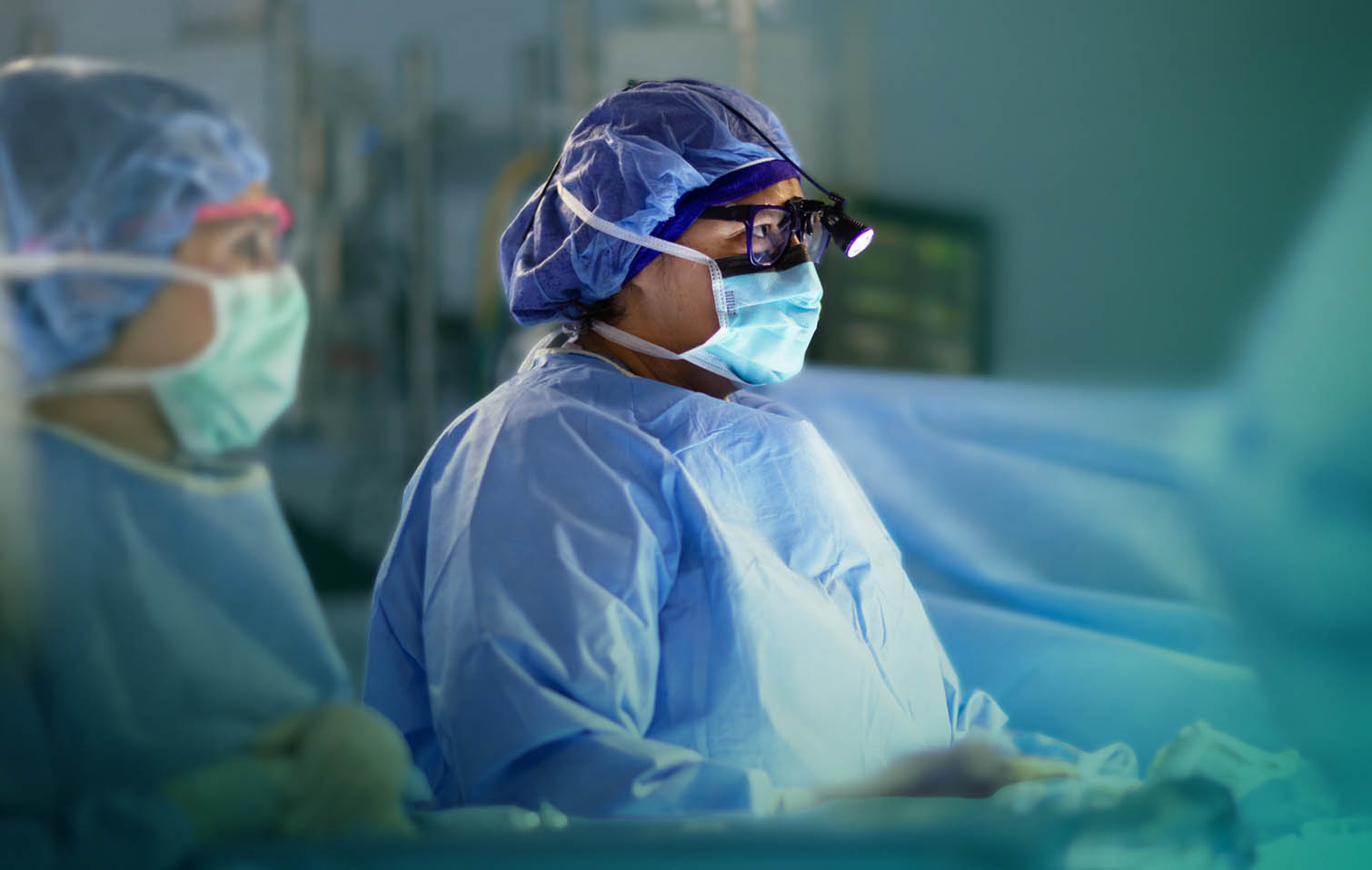
Breast Cancer Surgery That Heals the Body—and the Spirit
At Loyola Medicine, a new cancer approach is changing how women feel after treatment.
Breast Cancer Surgery That Heals the Body—and the Spirit
When it comes to breast cancer surgery, outcomes aren’t just about survival—they’re about how patients feel in their bodies after treatment. At Loyola Medicine, Chantal Reyna, MD, is leading a shift in breast cancer surgery that prioritizes both healing and confidence.
Reyna specializes in Hidden Scar techniques, making incisions in discreet locations—under the breast, in the armpit or along the dark area of the breast—so scars stay out of sight. It’s a breakthrough that allows women to move forward without a constant reminder of their surgery.
For those needing a mastectomy, Reyna often uses nipple-sparing techniques, preserving as much of the natural breast as possible. Working alongside Loyola’s top-tier reconstructive team, she tailors reconstruction to each patient—whether using implants or the patient’s own tissue for a more natural feel. “Breast cancer takes so much from women—their sense of control, their confidence,” says Reyna. “My goal is to give that back, to help them look in the mirror and see themselves, not just a scar.”
Beyond aesthetics, Dr. Reyna is tackling one of breast cancer surgery’s biggest challenges: lymphedema, a painful swelling of the arm that can occur after lymph node removal. She and her team use advanced techniques to minimize this risk, including less invasive node removal, lymphatic-sparing methods and early monitoring.
At Loyola, surgery isn’t just about removing cancer—it’s about rebuilding strength, confidence and quality of life. With a team-based approach that blends precision, compassion and innovation, Loyola is redefining what’s possible in breast cancer care.
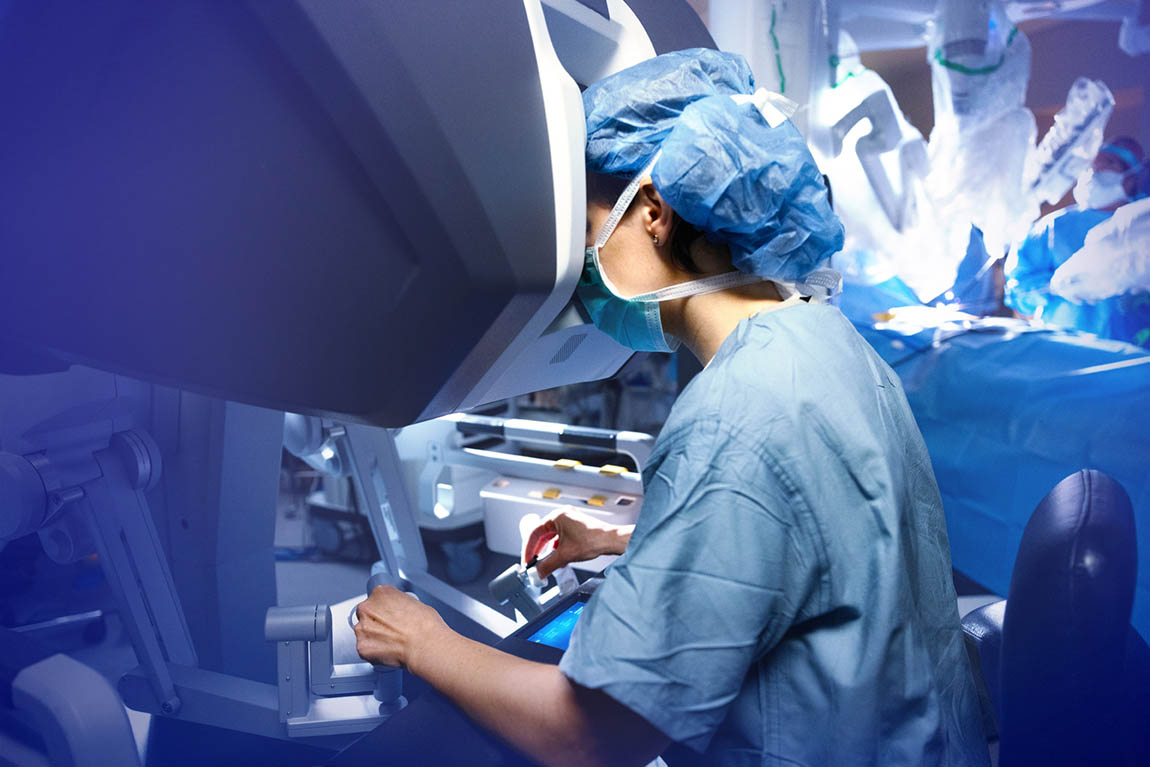
Loyola Medicine Is Breaking Barriers in Kidney Transplants
Advanced robotic surgery is giving patients with obesity a second chance at life.
Loyola Medicine Is Breaking Barriers in Kidney Transplants
For many patients with kidney failure, obesity is an automatic disqualifier for a transplant. Most centers set a strict BMI cutoff, shutting out those who need a second chance at life. But Loyola Medicine is changing that.
As one of the few hospitals in the country that doesn’t exclude patients with obesity from kidney transplants, Loyola is tackling health inequities head-on. Advanced robotic surgery plays a key role, allowing for minimally invasive procedures that reduce recovery time and complications—making transplants safer and more accessible for patients with high BMIs.
With a BMI of 42, Israel Sanchez spent five years on dialysis, repeatedly told his weight made him ineligible for a transplant. But at Loyola, he got a second chance. Post-surgery, he’s lost 30 pounds, improved his diet and regained energy he never thought he’d have again.
A key part of his experience? Loyola’s Spanish-speaking transplant team. More than half of Loyola’s abdominal transplant staff—surgeons, nurses, social workers and coordinators—speak Spanish, ensuring language isn’t another barrier to life-saving care.
Raquel Garcia-Roca, MD, Loyola’s surgical director of kidney transplants, sees this as more than medicine—it’s about fairness. “We’re not just changing policies,” she says. “We’re changing lives.”
Advanced Technology
From robotic surgery to AI-driven diagnostics, we use the latest tools to treat even the most complex conditions with precision.
Groundbreaking Research
Get early access to innovative treatments that are shaping the future of medicine.
Academic Excellence
As a top academic hospital, we’re shaping the future of medicine every day.
Tough for You
When life demands more than you thought possible, you need a partner who’s tougher. At Loyola Medicine, we’re ready to stand by you, fight for you, and help you rise above.
